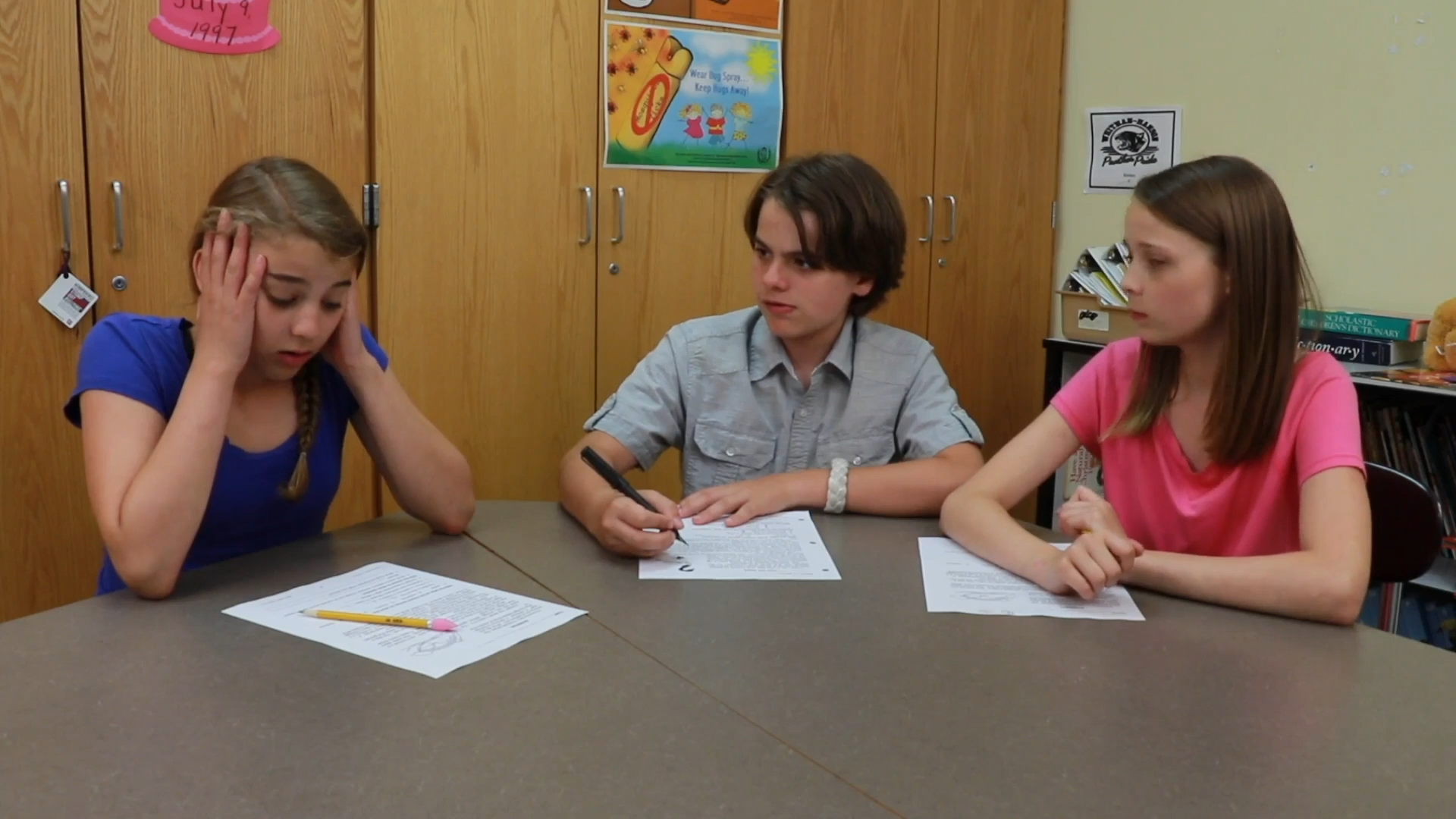
As educators, we know that change is a normal part of life, but for kindergarten students, changes in their daily routine can be challenging and nerve-wracking. In this blog post, we will discuss how to help young learners adapt to changes and develop healthy coping strategies using principles of Social-Emotional Learning. We will also provide a no-prep activity, discussion questions, and related skills to further support students in their journey to becoming more adaptable and resilient individuals.
Introduction
Teaching kindergarten students to handle changes in their routine is an essential skill that will benefit them throughout their lives. By learning how to recognize their feelings, process their emotions, and develop healthy coping strategies, students will be better equipped to handle the unexpected and navigate their ever-changing world. In the following sections, we will explore a no-prep activity, discussion questions, and related skills to help educators guide their students through this learning process.
No-Prep Activity: “Change Detective”
This activity requires no preparation or materials from the educator and is designed to help students become more comfortable with changes in their routine. Begin by explaining to the class that sometimes things change, and it’s essential to learn how to adapt to these changes. The goal of this activity is to help students become “Change Detectives” and learn how to recognize and adapt to changes in their environment.
- Ask students to close their eyes and listen carefully to the sounds around them.
- While their eyes are closed, make a small change in the classroom (e.g., move a chair, close a door, or turn off a light).
- Ask students to open their eyes and identify the change that has occurred.
- Discuss how the change made them feel and how they were able to adapt to it.
Repeat this activity several times, making different changes each time. This will help students practice adapting to changes and become more comfortable with the idea that changes are a natural part of life.
Discussion Questions
Use the following questions to stimulate further discussions about changes and how to handle them:
- Why do you think some people might feel nervous when things change?
- What are some strategies you can use to help you feel more comfortable with changes?
- Can you think of a time when a change in your routine turned out to be a good thing? What happened?
- How can we support our friends when they feel nervous about changes?
- Why is it essential to learn how to adapt to changes in our lives?
Related Skills
Teaching students to handle changes in their routine is an essential part of their Social-Emotional Learning journey. Other related skills that can support students in becoming more adaptable include:
- Emotion recognition: Learning to identify and label their own feelings and emotions.
- Self-regulation: Developing the ability to manage their emotions and behavior in a healthy and appropriate way.
- Problem-solving: Learning to think critically and find solutions to challenges they may encounter.
- Communication: Developing the ability to express their thoughts, feelings, and needs effectively.
Next Steps
Helping kindergarten students learn to handle changes in their routine is an essential skill that will benefit them throughout their lives. By incorporating principles of Social-Emotional Learning into your teaching, you can support your students in developing healthy coping strategies and becoming more adaptable individuals. To explore more resources and activities that can help you teach this and other related skills, sign up for free samples of the discussed skill and others at Everyday Speech.

